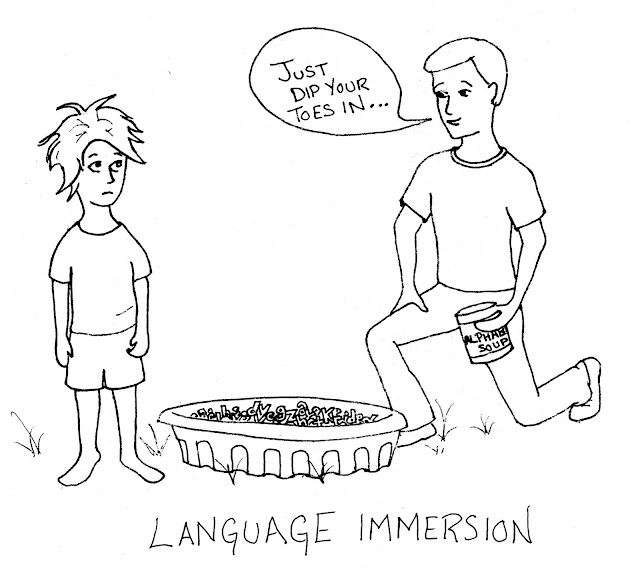public butter
sometimes cinema just happens
Sunday, August 14, 2022
Tuesday, March 8, 2022
Wednesday, February 2, 2022
Wednesday, October 30, 2013
Friday, August 2, 2013
Tuesday, March 26, 2013
Sunday, October 14, 2012
Sunday, January 29, 2012
Sunday, November 6, 2011
Thursday, October 27, 2011
Cinemas In Solidarity
Across the globe, as people are taking to the streets to redefine and reclaim the world they live in, Cinemas In Solidarity join with them in proposing a new, different, and better world.
We, too, are the 99%.
In our mass-mediated world – where studios make endless sequels to sell tickets, where films treat audiences like consumers rather than thinkers, where news stations flood screens with spin, and where technology drives the act of viewing to become more individuated and less public – we work to create alternatives.
Believing in film's power to inspire, inform, unite, and incite, we work to show movies that move people. By showing artistically groundbreaking work, we remind people there are always new ways to tell a story. By showing foreign films, we offer insights into worlds and perspectives many viewers may never see first-hand. And by showing documentaries, we challenge the static speed of the 24-hour news station.
None of this, of course, makes us any richer. Staffed by artists, intellectuals, workers, and dreamers, Indy cinemas generally attract people willing to accept little money in exchange for playful, gratifying, and value-driven work. We do what we do because we believe our screens do more than show great films; they perform a valuable public function. They allow people to get out of their houses, see something in common, and talk to each other. Film by film, topic by topic, we work to expand people's horizons and bring otherwise disparate communities together.
Today, when digital movies are available at the click of a button and Indy cinemas are fighting to get people in their seats, the future of arthouse exhibition doesn't always look bright. But as we continue to work with community groups, filmmakers, teachers, and activists, and as we play our films week after week to a core of returning film buffs, we know we're doing something important for the people we reach. We know we have to keep our doors open.
So we stand in solidarity – with occupiers everywhere and with each other. As institutions trying to create something different, something new and meaningful for ourselves and for our publics, we're occupying the world we're in every day.
Subscribe to:
Comments (Atom)






















